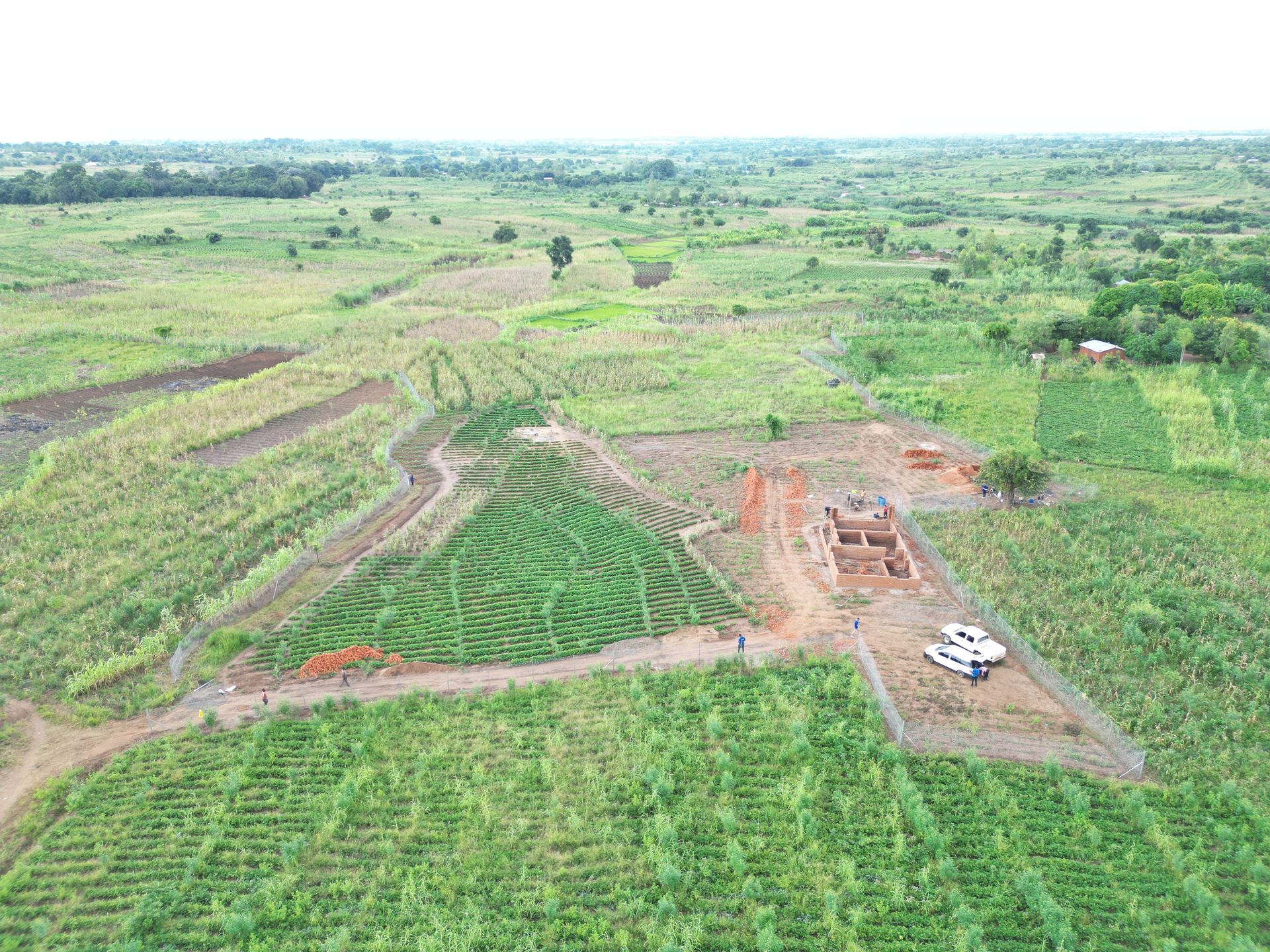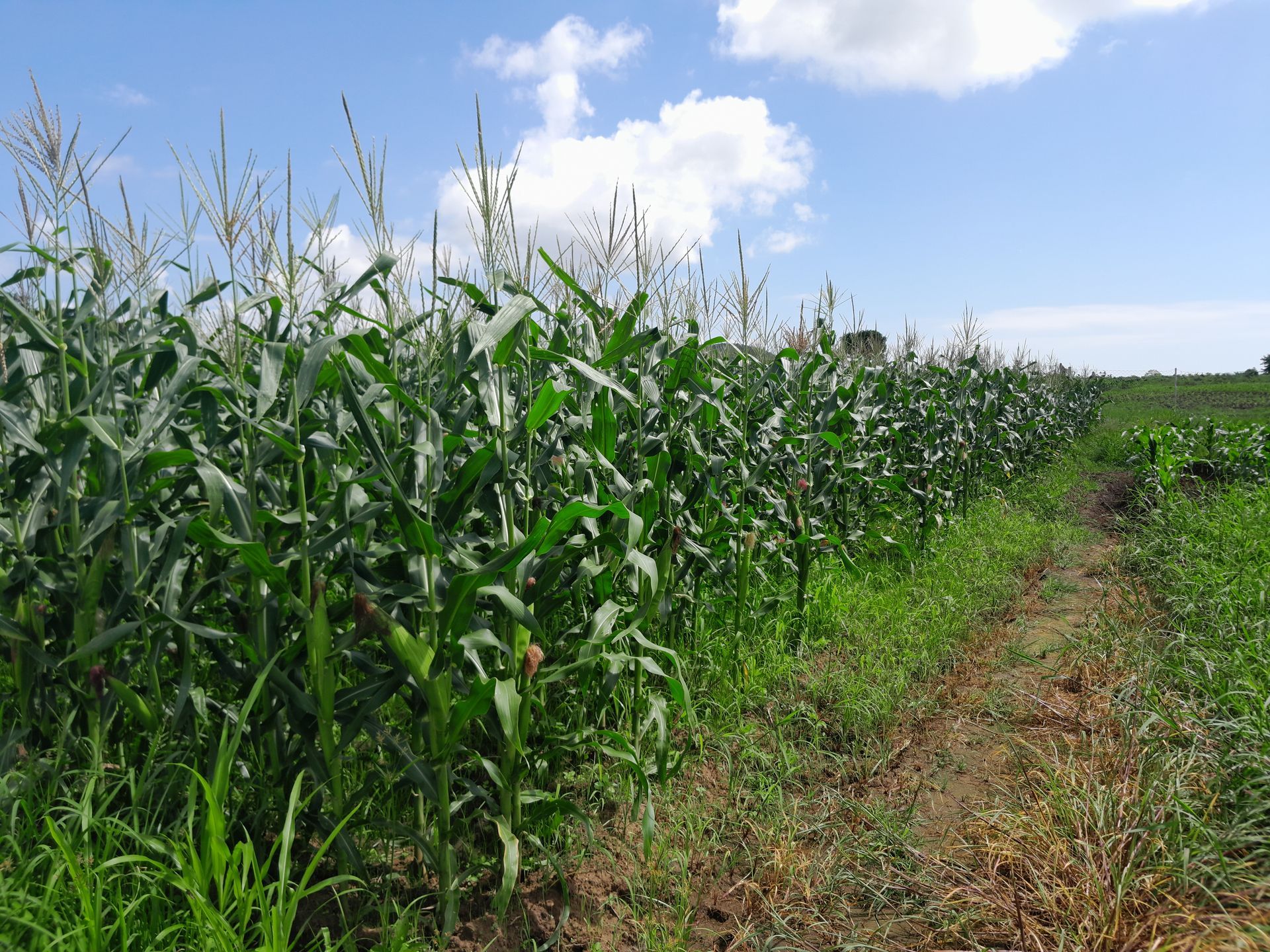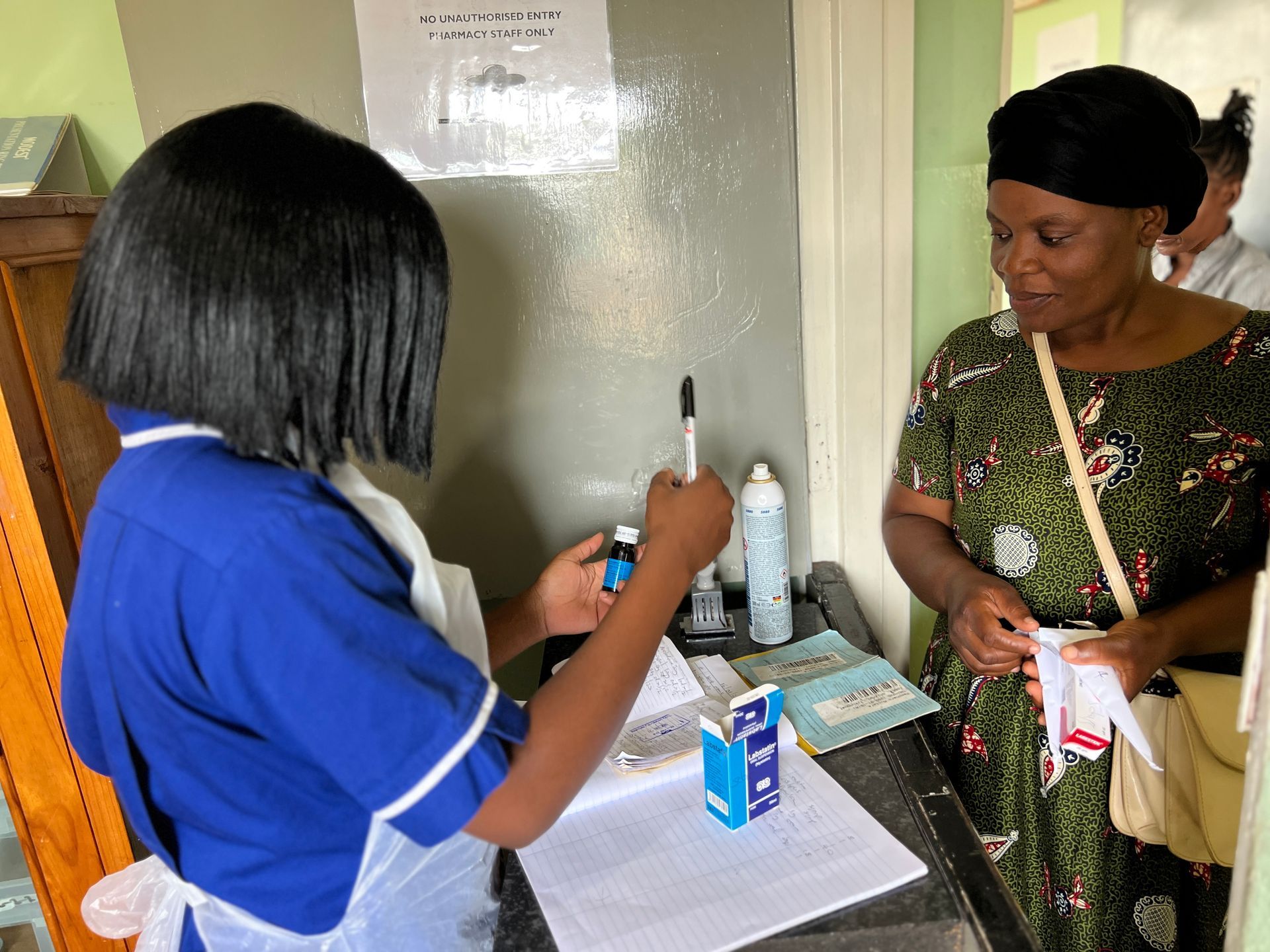How challenge-type fundraising methods can help to rapidly generate awareness for Sparkle
Lee Ryan's extraordinary feat highlights how important it is to capture the public's imagination in fundraising efforts

As many of you will hopefully have seen, runner Lee Ryan recently wrapped up a challenge of superhuman proportions, with friends and family providing a hero’s welcome at the finish line of his 40th marathon in as many days (yep, you read that right), all in the name of raising funds and awareness for Sparkle.
As well as raising
over $8,000 in funds so far, Lee’s heroics led to a noticeable spike in engagement across Sparkle’s social media platforms, particularly on Facebook and Instagram. If we take a close look at the statistics for May 2023, the month in which most of Lee’s marathons were run, we see that Instagram likes jumped by a mammoth 47.6% in comparison to April, with post engagements jumping 50.8% and the rate of new followers jumping by 34.5%. On Facebook, the rate of likes and new fans also saw an increase, as well as a 40.9% jump in engagement on LinkedIn.
This trend in rapidly expanded social media engagement as a result of challenge-type fundraising methods should be taken note of by the NGO sector. To take an extreme example, the 537% rise in Twitter followers for internet celebrity runner
Russ Cook (known more commonly as “Hardest Geezer”), accompanied by an increase in Youtube video views of over 6000%, should not be treated as an insignificant anomaly. A fundraising effort that captures the hearts and minds of whoever views it inevitably leads to that viewer sharing it with their followers and friends, who in turn share it, and before you know it, engagement rates and ultimately awareness for what the NGO in question does spreads faster than you could have wished for.
This begins to paint a picture of just how significant Lee’s contribution to Sparkle has been, aside from purely funds immediately raised.
So what can YOU do?
We have a wonderful opportunity on the horizon for other supporters of Sparkle to emulate Lee and produce this effect, in the form of the
London Landmarks Half-Marathon in April 2024. Sparkle are currently looking for runners to represent us, in a feat that would double up as both a magnificent personal achievement for the runner, as well as a chance to create this spike in awareness for Sparkle that, ultimately, furthers our ability to help provide access to education and more for children in Malawi.
Additionally, even if intense running challenges sound like a no-go for you, use Lee's story as an impetus to set yourself a challenge - spreading awareness of the crucial work Sparkle does with the communities in Malawi we aim to enact positive change in, and engaging with people's hearts in a way that encourages them to truly form a passion for the futures of the ever-expanding group of children we work with here at Sparkle, is worth a tremendous amount.




